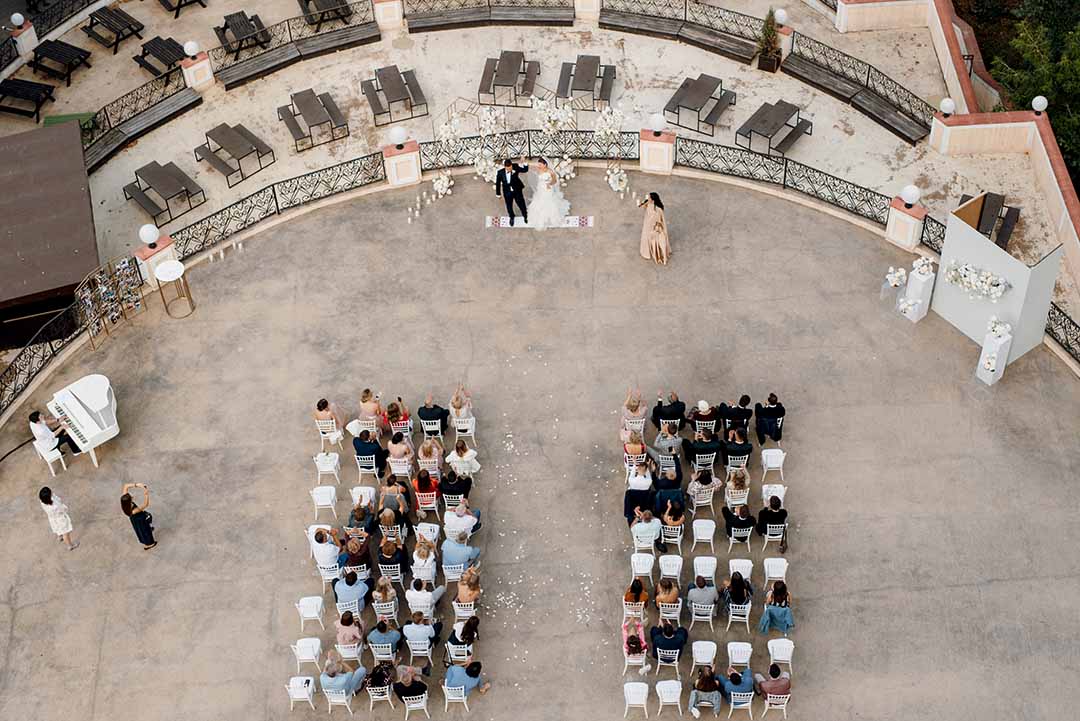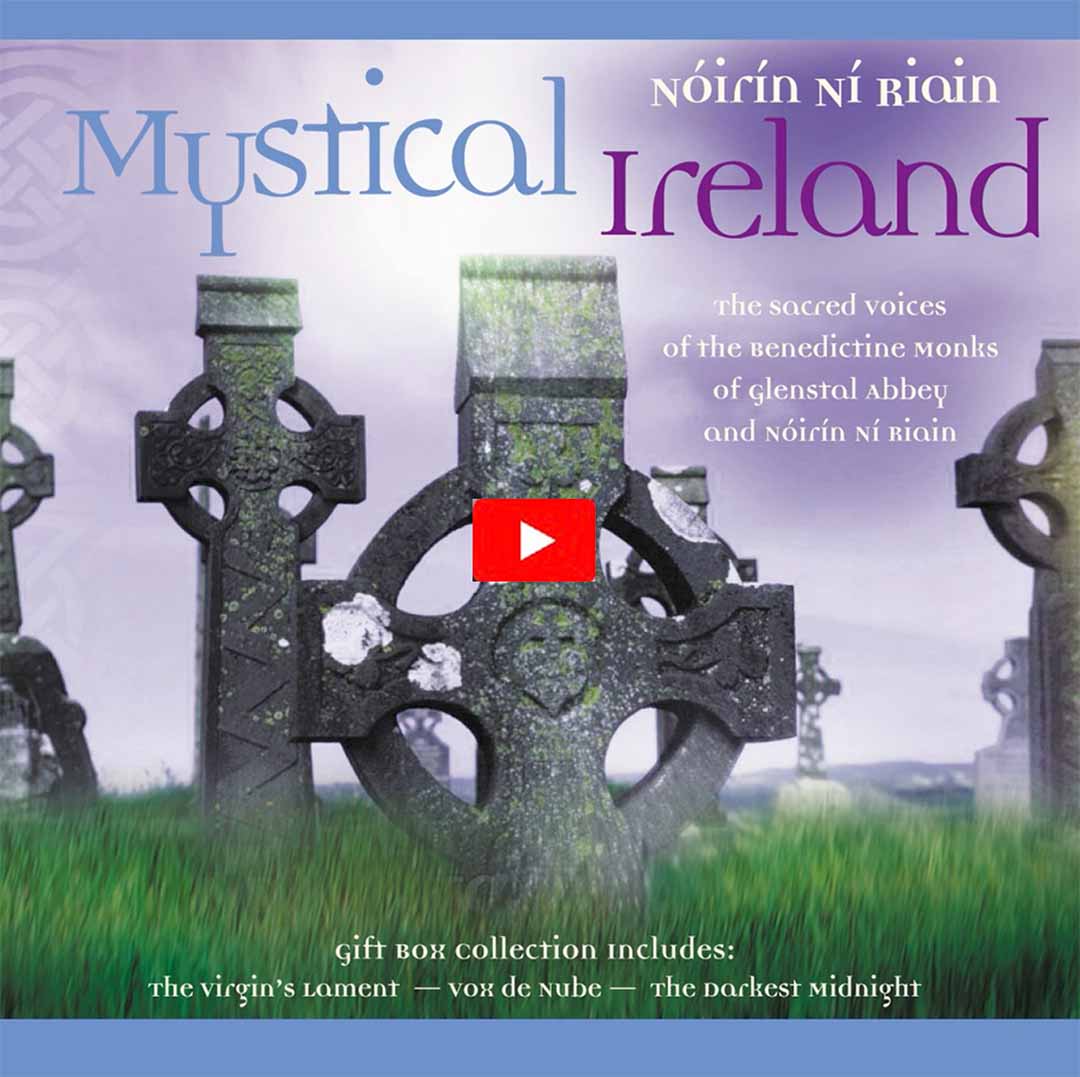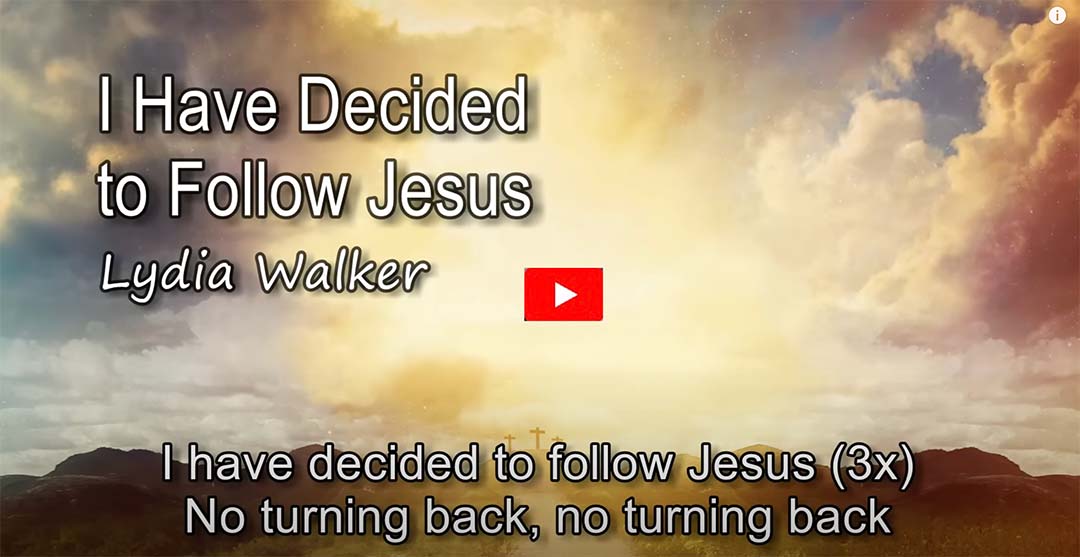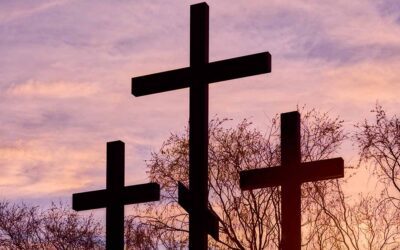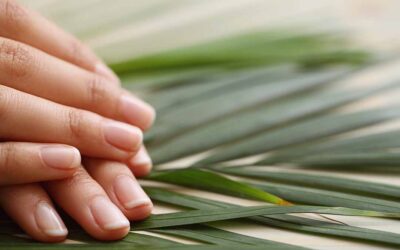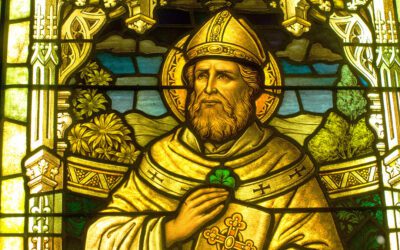Meditation for Epiphany 2
Almighty God,
in Christ you make all things new:
Transform the poverty of our nature
by the riches of your grace,
and in the renewal of our lives
make known your heavenly glory;
through Jesus Christ our Lord.
Ag an bpósadh a bhí i gCána bhí Rí na nGrást ann i bpearsain,
É fhéin is Muire a Mháthair, is nárbh álainn í an bhainis,
Bhí cuideachta os cionn cláir ann agus fíon orthu in easnamh,
Is an t-uisce a bhí sna hárthaibh, nárbh álainn é a bhlaiseadh.
A Dhia ghil, a Íosa is a Rí ghil na cruinne,
’D’iompair an choróin spíne agus íobairt na croise,
Dhá stolladh is dhá straoilleadh i measc daoine gan chumann,
Na glasa do scaoilis in éadan ár gcoinnibh.
Is róbhreá an stór atá ag Rí na Glóire dúinn i dtaisce,
A chuid fola is feola mar lón dos na peacaigh,
Ná cuiríg’ bhur ndóchas in ór bhuí ná i rachmas
Mar is bréagán mar cheo é seachas glóire na bhflaitheas.
At the wedding which was in Cana, the God of Graces was there in person,
Himself and Mary His Mother, and wasn’t the marriage beautiful?
Companies were laid out there, and in want of wine;
But the water in the vessels, wasn’t it beautiful to taste?
O bright God, O Jesus, O bright King of the earth,
Who bore the crown of thorns and the sacrifice of the cross,
Torn and flogged among those without friends,
You broke the locks which were against us.
Too fine is the treasure the Lord of Glory has in store for us,
His own blood and body as food for the sinners.
Don’t place your hope in gold or in wealth,
Because it is a falsehood like mist, compared to the glory of heaven.

Paolo Veronese The wedding at Cana 1562 – 1563
On the third day…
At the time, Jewish weddings typically could last for a week or so. Why does John specifically mention ‘The Third Day’? Did Jesus only arrive halfway through the celebration, having met Philip and Nathaniel in Bethsaida? Or was it because the wedding party had already drunk all the wine? Or does the ‘Third Day’ refer to the Day of Resurrection, when all things change?
…there was a wedding in Cana of Galilee, and the mother of Jesus was there. Jesus and his disciples had also been invited to the wedding.
Well, some of them had – but given that Andrew, Peter, Philip, Nathaniel and at least one unnamed other had only just met Jesus, they would be welcomed with Him, but they probably wouldn’t have been on the original guest list.
When the wine gave out,
Perhaps these additional guests helped with emptying the wine vessels earlier than planned?
the mother of Jesus said to him, ‘They have no wine.’
Clearly, the wedding was that of a relative, probably a close relative of Mary – why else would she have been so concerned about the disastrous social consequence of the wine running out?
And Jesus said to her, ‘Woman,
The slightly dismissal term ‘Woman’ does not have the same patronising tone that it has today – ‘Dear Mother’ would be a rather better translation
what concern is that to you and to me? My hour has not yet come.’
It’s almost as if Jesus is deep in another conversation when Mary speaks to Him, and doesn’t yet fully appreciate the potential disgrace to the groom’s family
His mother said to the servants, ‘Do whatever he tells you.’
Mary doesn’t actually reply to Jesus – not in words, anyway – but I have the image in my mind of her giving Jesus an unmissable mother-to-son look. He doesn’t argue.
You don’t when you get one of those.
Now standing there were six stone water-jars for the Jewish rites of purification, each holding twenty or thirty gallons. Jesus said to them, ‘Fill the jars with water.’ And they filled them up to the brim.
The servants don’t argue either – His instruction is obeyed, strengthening the impression that Jesus is a close relative.
He said to them, ‘Now draw some out, and take it to the chief steward.’
So they took it.
They trust His command – and a miracle happens.
When the steward tasted the water that had become wine…
Question: Does the whole jarful of water become wine, or does the water change to wine as it is drunk from the cup?
…and did not know where it came from (though the servants who had drawn the water knew),
They were afraid that no-one would believe them or that they would look foolish, so they didn’t say anything
the steward called the bridegroom and said to him, ‘Everyone serves the good wine first, and then the inferior wine after the guests have become drunk. But you have kept the good wine until now.’
‘What’s going on?’ said the steward. ‘Search me’, said the bridegroom. But Mary knew.
Jesus did this, the first of his signs, in Cana of Galilee,
It won’t be the last
and revealed his glory; and his disciples believed in him.
Jesus has demonstrated His authority and power. He takes something ordinary, and it becomes extraordinary. He turns water to wine. He heals the past and offers a new future. He changes his followers from sinner to saint.
For those who have seen Him, there is no turning back.
You call us,
Wanderer of seashores and sidewalks,
inviting us to sail out of our smug harbours
into the uncharted waters of faith
to wander off from our predictable paths to follow You
into the unpredictable footsteps of the kingdom;
to leave the comfort of our homes and accompany
You into the uncomfortable neighbourhoods we usually avoid.
As we wait,
in our simple, sometimes crazy,
constantly uncertain lives,
speak to us, Spirit of Grace:
of that hope which is our anchor;
of that peace which is our rock;
of that grace which is our refuge.
Rev. Bob Gibson, United Church of Canada.
Previous Posts
Praying Together 28th April 2024
‘If you love God, then you love your brothers and sisters’. You cannot have one without the other. If you do not love your brother and your sister, you cannot claim that you love God. No exclusions.
Praying Together 21st April 2024
There is only one leader who invites us to follow of whom we can be sure – the one who is prepared to lay down His life.
Praying Together 14th April 2024
It is easy, with hindsight, to criticise the disciples for their incredulity. But we have to ask ourselves what we would do in their place.
Praying Together 7th April 2024
We are challenged to decide what we need to ‘see’ to believe – and then to seek it in the power of the Holy Spirit.
Praying Together 31st March 2024 Easter Day
“I have seen the Lord”. It is difficult to imagine her emotions. She has seen the Lord! She doesn’t yet understand fully – but her eyes have seen Him. Her life is changed for ever, and she doesn’t care who knows it.
Praying Together 24th March 2024
But Jesus is aware of what He will have to endure in order to fulfil His mission of salvation – and He sets the necessary elements in motion.
Praying Together 17th March 2024
The Anglican Church of Ireland has produced an excellent example of the way in which St Patrick’s life embodies the Five marks of Mission – a real cause for celebration and a model for us to follow (And by the way, St. Patrick’s flag colour is blue, not green.)
Praying Together 10th March 2024
It’s a day of being aware of, and thankful for, the caring and loving relationships that exist within family and friends.
Praying Together 3rd March 2024
And what of our anger? Is it based on injury to self? Injury to others? Or injury to love, to forgive, to serve? Can we defend it at the foot of the Kingly throne?
Praying Together 25th February 2024
‘Which am I – the chicken or the pig? Jesus makes it clear that in following Him, there is no half-way house – our values are either of the material world, or of the Kingdom.
Praying Together 18th February 2024
The world is in flames. Are you impelled to put them out? Look at the cross. From the open heart gushes the blood of the Saviour. This extinguishes the flames of hell. Make your heart free by the faithful fulfilment of your vows;
Praying Together 11th February 2024
It’s the same for us – we cannot build our faith on just one or two aspects of Jesus’ story. The fundamental truth we need to accept that He is risen from the dead and He is Lord, alive.
